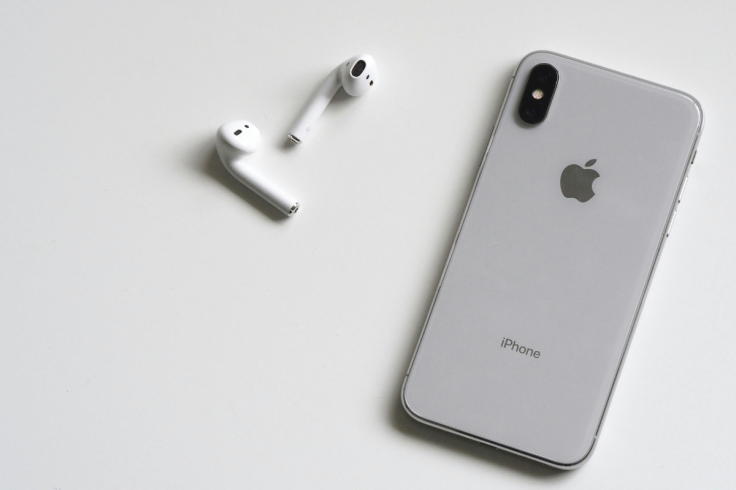Apple UK News: Bought An iPhone During These Years? You Might Be Qualified For A Payout
Victory for Which? could unlock £480 million in payouts for millions of affected consumers.

Millions of UK consumers who purchased an iPhone between 2015 and 2024 could receive compensation, following allegations that chipmaker Qualcomm drove up handset prices through anticompetitive practices.
Consumer watchdog Which? has launched a landmark lawsuit claiming the chip giant abused its market dominance, forcing manufacturers like Apple to pay excessive royalties that were allegedly passed on to buyers.
With the trial now underway as of October 2025, this case could unlock potential reimbursements for affected iPhone users and underscore broader issues in tech monopolies and consumer rights.
Unpacking the Qualcomm Antitrust Allegations
Qualcomm, a leading producer of smartphone chips, faces accusations of exploiting its dominant position by charging excessive royalties to manufacturers like Apple, even for devices that did not use its components. This allegedly led to higher prices for consumers who bought iPhones from 1 October 2015 to 9 January 2024.
The lawsuit, filed by Which? in 2021, seeks £480 million in damages, estimating an average of £17 per handset. The case follows prior antitrust scrutiny, including a 2018 fine issued by the European Commission against Qualcomm for similar practices.
Anabel Hoult, chief executive of Which?, remarked, 'This trial is a huge moment. It shows how the power of consumers - backed by Which? - can be used to hold the biggest companies to account if they abuse their dominant position.'
The UK case mirrors ongoing actions in Canada and past disputes in the US, where Qualcomm's licensing practices were challenged but ultimately dismissed in 2020. These allegations emphasise the need for fair competition in the tech sector.
Eligibility Criteria for UK iPhone Owners
UK consumers who bought an Apple iPhone within the specified period—1 October 2015 to 9 January 2024—are automatically included in the class action, with no paperwork required from individuals. Which? estimates 29 million consumers are affected, with potential payouts of approximately £17 per device.
The claim focuses on overcharges stemming from Qualcomm's royalties, which reportedly inflated handset costs. Lisa Webb, senior Which? lawyer, explained, 'We filed this claim back in 2021, so this first trial being now in 2025 - it's obviously a bit of a slog. But the real benefit of this system is that as a consumer, you don't need to do anything... if we win, we will get you your money.'
Consumers who opted out are excluded, but the opt-out process is not detailed in recent updates. The automatic inclusion aims to make justice more accessible for everyday consumers.
2025 Trial Updates and Potential Outcomes
The five-week trial began on 6 October 2025 at London's Competition Appeal Tribunal, focusing initially on whether Qualcomm held and abused market power. If Which? succeeds, a second phase will assess damages and determine how the £480 million might be distributed.
Qualcomm denies the claims, asserting the lawsuit has no basis. As of 7 October 2025, proceedings continue with expert testimony on market dominance. In a post on X, Which? stated, 'We're pushing ahead with our legal claim, on behalf of 29 million UK consumers who bought an Apple or Samsung smartphone since 2015, meeting global chip manufacturer Qualcomm in court for a five-week trial, commencing today'.
The Tribunal granted Which? permission on 4 July 2025 to rely on hearsay evidence from Optis v Apple proceedings, with a re-amended notice filed on 8 August 2025.
1/4 We’re pushing ahead with our legal claim, on behalf of 29 million UK consumers who bought an Apple or Samsung smartphone since 2015, meeting global chip manufacturer Qualcomm in court for a five-week trial, commencing today. https://t.co/mKinVlqmUi
— Which? (@WhichUK) October 6, 2025
A win for Which? could set a powerful precedent for future antitrust cases, not just in the UK but worldwide.
© Copyright IBTimes 2025. All rights reserved.




















